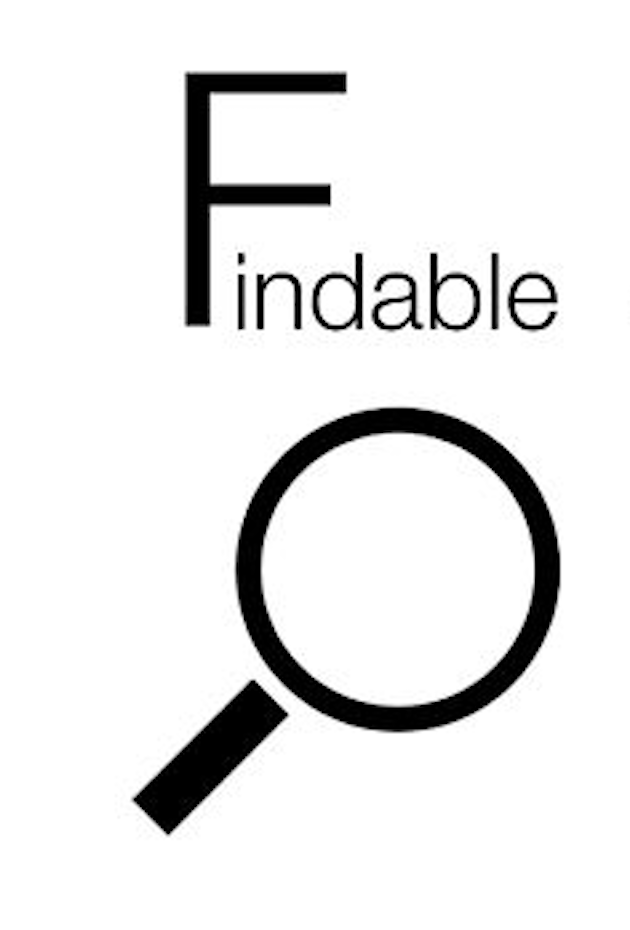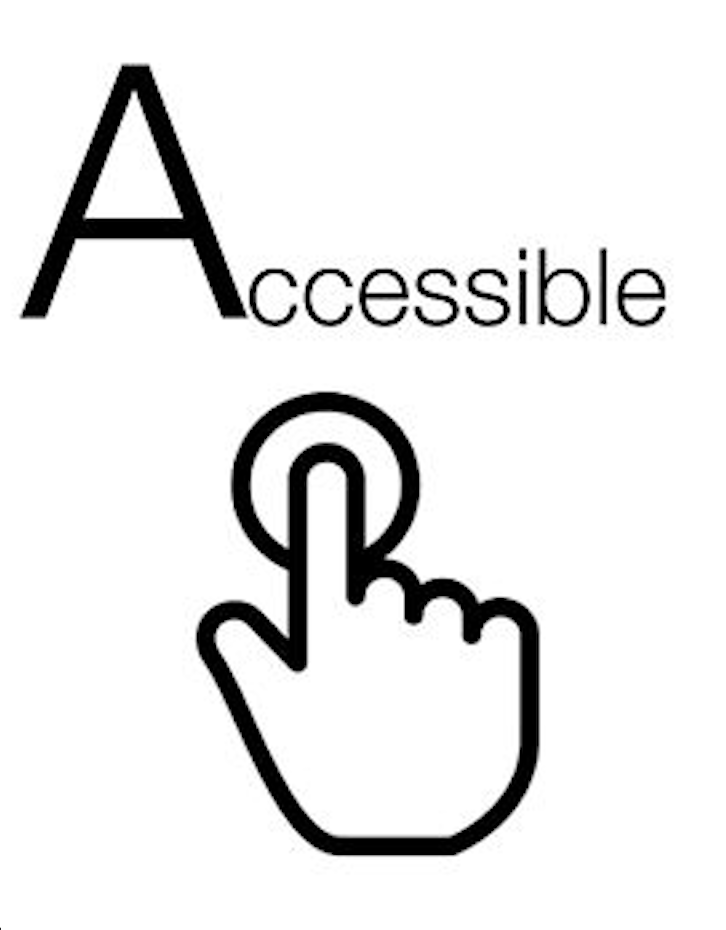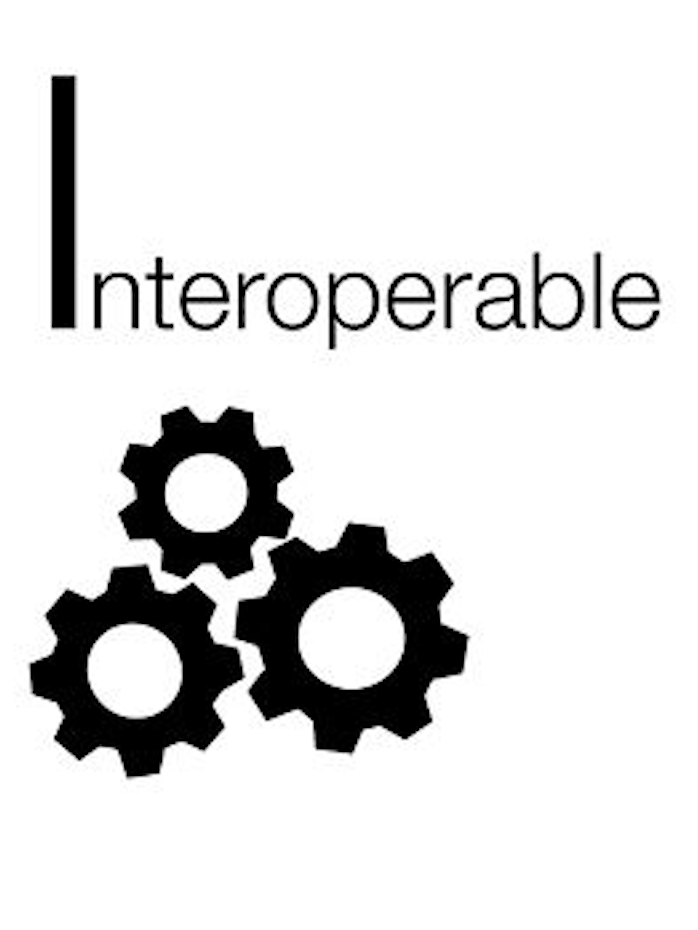Research data are an important and valuable resource. However if data is not correctly preserved, it can be lost; and if not correctly managed, it can be missed, manipulated, or altered.
It is important that research data meet the FAIR principles.

Others can find and discover your data if you have:
•used persistent identifiers (e.g. DOI)
•used rich and detailed metadata to describe your data
•deposited in repositories, catalogs and databases which enable automatic harvesting of metadata)

Your data can be made available to others by:
•publishing/sharing in a repository
•publishing the metadata, which should always be open
•using clear statements/instructions for closed data
• Remember: access your data should be easy, but it does not mean that everything must be shared without limitations. The moto is: as open as possible, as closed as necessary.

Other people should be able to use your data (with their own data):
•it should be possible to understand the data: describe it
•format should be readable, and open formats are preferable
•there should be helpful and detailed documentationon about data creation and processing
•well known terminology should be used (domain standards)

Others should be allowed to (confidently) reuse your data:
•it should be possible to trust the data(provenance): describe it
•use licenses for metadata and data (both open and closed). Metadata should always be open
•it should be clear what is allowed to do with the data (licensing conditions)
•use standard / well known licenses (CC for open data /metadata)
Images are adaptations from FAIR data principles by SangyaPundir under CC BY-SA 4.0 license.
Want to know more about FAIR data management? Partecipate in our monthly training webinars or contac us at rdm@unimi.it to organise a dedicated seminar for your research group or department!
